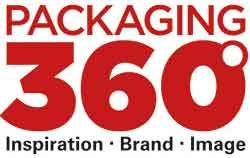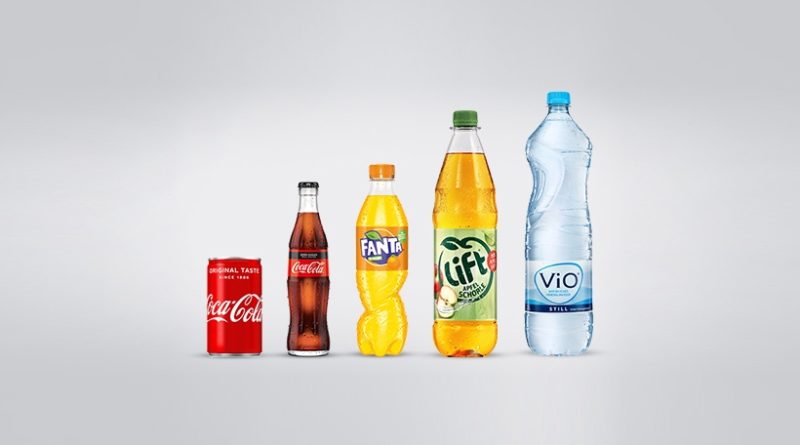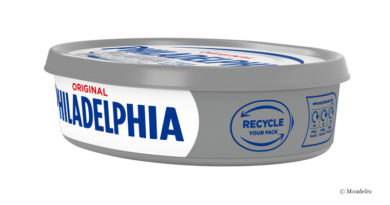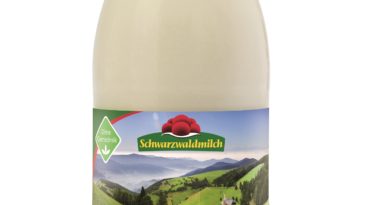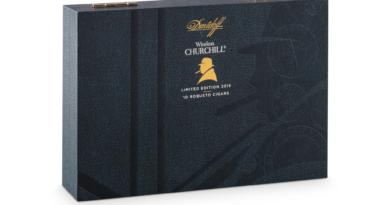Coca-Cola to introduce 1-litre glass bottle
Coca-Cola is investing in environmental services and recycling. In summer, the beverage producer will launch a 1-litre glass bottle on the market.
„Although Coca-Cola is one of the largest plastics manufacturers, we are also committed to the goal of having a world without waste,“ says Uwe Kleinert, Head of Sustainability and Corporate Responsibility at Coca-Cola Germany. At a FachPack press conference in Berlin, Kleinert presented the beverage producer’s goals with regard to packaging. „By the year 2030, we want to retrieve and recycle or refill one package for each package we introduce to the market“. In other words, everything is to be returned back into the cycle. He added that the company was investing in the recycling economy, and that together with experts from the recycling industry, Coca-Cola was working on using new material alternatives and ensuring that the materials are recycled. The first milestones had been reached:
- All Coca-Cola Germany packages made of PET, glass, aluminium and tinplate are recyclable. Almost 100 percent of the packaging is sold with a deposit.
- Coca-Cola uses recycled materials such as rPET, scrap metal for cans or recycled glass.
- Most Coca-Cola disposable PET packages of size 0.5 litres and less contain at least 50 percent rPET.
- The „Plant“ bottle developed in 2011 is now in use for Vio beverages. This bottle contains PET made from renewable raw materials and recycled plastic. It is 100 percent recyclable. Uwe Kleinert explained that this bottle accounted for around 8 percent of the market share in Germany. In order to produce not only ecologically, but also economically, this bottle must be better accepted by consumers.
- The glass bottles used by Coca-Cola contain on average 59 percent recycled glass and are much lighter today than earlier versions were.
- Coca-Cola is continuing to invest in reusable packaging. In the last three years alone, the beverage producer has invested over EUR 200 million in the renewal and expansion of its reusable bottle pool and in new reusable crates.
- With the filling of the first Coca-Cola in the small 0.2-litre glass bottle 90 years ago, the company established the returnable deposit system for soft drinks in Germany. The refillable PET returnable bottle has been part of the packaging mix since 1990.
„We rely on a mix of one-way deposit and returnable deposit packaging. Reusable bottles are an important component of the Coca-Cola packaging mix in Germany. Returnable bottles are cleaned and refilled,“ explains Kleinert.
ADVERTISING
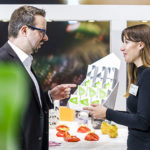 Especially for beverages the benchmark for packaging is particularly high, as it has to protect the valuable content and also look as attractive as possible. At FachPack you will see innovative solutions from innovative exhibitors. More information can be found here.
Especially for beverages the benchmark for packaging is particularly high, as it has to protect the valuable content and also look as attractive as possible. At FachPack you will see innovative solutions from innovative exhibitors. More information can be found here.The demand for beverages in glass is rising again. This is why Coca-Cola is investing in glass and is commissioning two new glass bottling lines in Germany in the summer of 2019. The 1-litre glass bottle of Coca Cola, which existed already in the 1980s, is to be available on the market again. Coca-Cola is constantly working to reduce the weight and use of materials in its packaging. This applies for both disposable and reusable packaging. The 1-litre Coca-Cola glass bottle weighs 800 grams and will be filled in Deizisau in the future. The 1-litre glass bottle that was filled in the 1980s weighed 915 grams, according to Kleinert. „Our goal is to turn beverage bottles back into beverage bottles.“ If they are no longer refillable, they should be recycled, added Kleinert. So far, used beverage bottles cannot be reused for beverages. One reason for this is that many consumers fill bottles with non-drinkable liquids, such as used oil.
In addition to continuous packaging development, Coca-Cola is also investing in the principle of recycling at its bottling sites. In Genshagen, Karlsruhe and Dorsten, almost 99 percent of all production residues are recycled. The company has also increased its commitment to PET upcycling. Three initiatives are working on establishing new PET processing systems, which should make it possible to use larger quantities of used PET material in food packaging, irrespective of its previous use. Coca-Cola is a member of the advisory board of DEMETO, a European consortium developing technologies for chemical recycling, and supports the firm Ioniqa Technologies. Coca-Cola has also signed a multi-year supply agreement with Loop Industries Inc. to procure 100 percent recyclable Loop™ PET for packaging in Western Europe as of 2020.
Beverages without packaging
Without packaging drinks cannot be stored, transported or sold. Apart from that, without packaging we would also lose the space where we inform you about nutritional values, ingredients and the best-before date. Nevertheless, Coca-Cola is working on ideas for offering beverages without packaging. One of these is the Freestyle Dispenser: it allows up to 100 different flavours to be mixed, and the sugar content of the drink to be determined by the customer.
Kleinert made it clear that the sale of Coca-Cola brands in Germany was heavily dependent on retail shelf space. „In Japan, we sell much more canned coffee and tea. There is a completely different trade structure there. Many drinks are bought from vending machines owned by Coca-Cola.“
